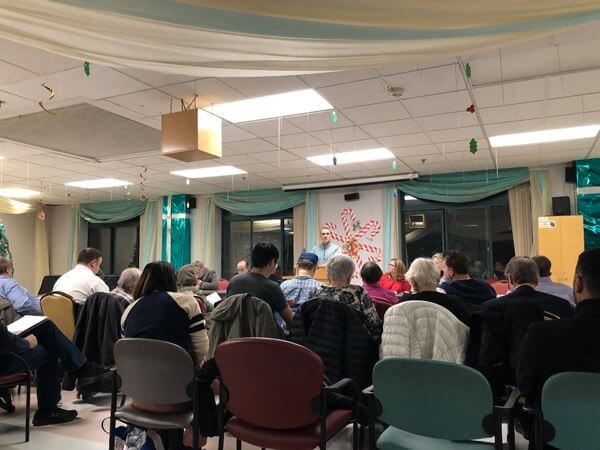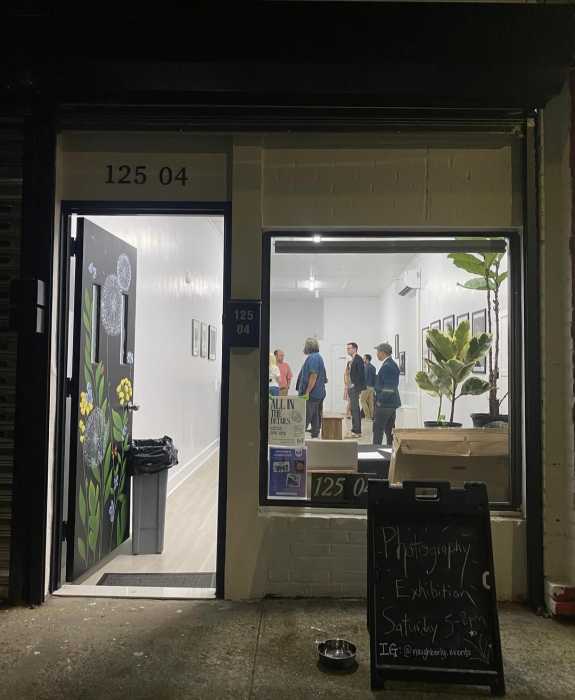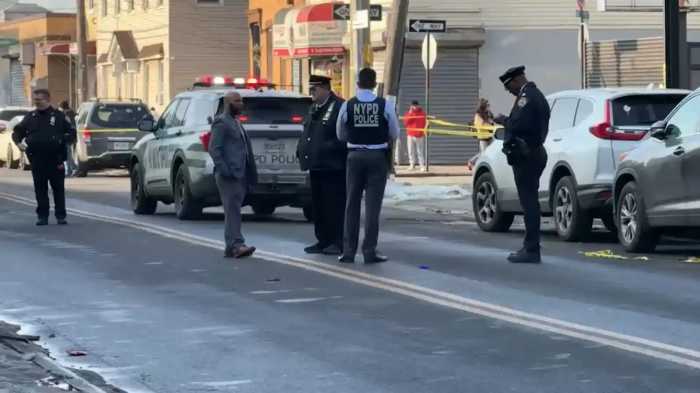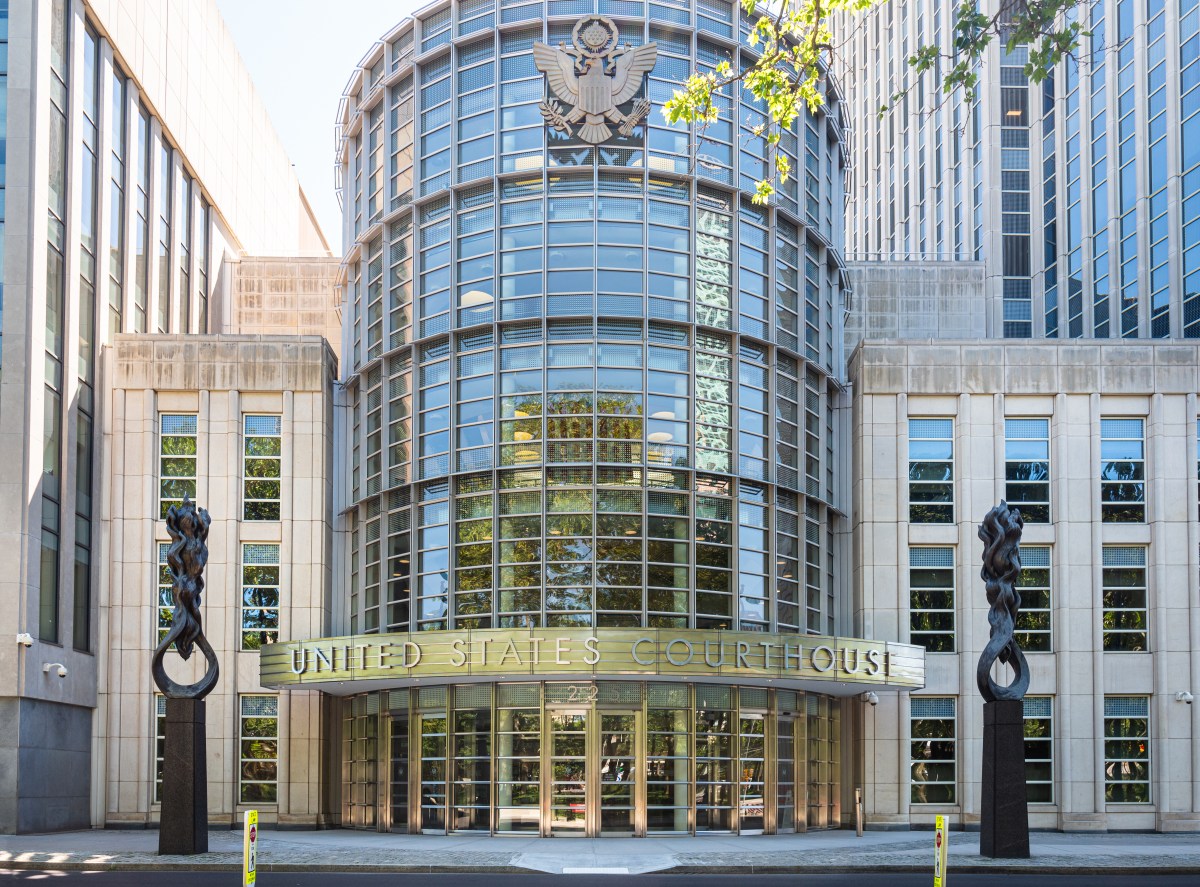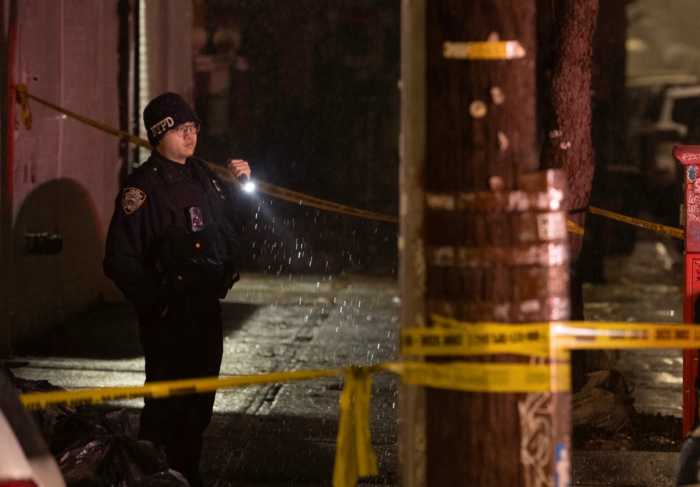By Gina Martinez
Community Board 7 wants answers about contamination at Waterpointe residential development site in Whitestone.
Board member and environmental activist James Cervino led a presentation Monday at which he called for a letter to be written to the city Department of Environmental Conservation asking for exact data on the contamination levels in the soil at the development site before a vote for closure in two weeks.
In September, DEC announced it was using a lesser grade of soil, called Track 4 restricted residential use, as opposed to the higher grade Track 2 residential soil that was originally agreed upon.
The 18-acre waterfront property, located at 151st Place and 6th road, was purchased by Edgestone Group LLC in 2012 for $11 million. The developers originally planned to build 97 two-family townhouse homes plus nine single-family houses, but Community Board 7 and then Councilman Tony Avella (D-Bayside) negotiated with developers to prevent what they thought would be over- development on the property.
Waterpointe is now being built under a special permit issued by the Department of City Planning that allows for the construction of 52 single-family homes. The development now requires environmental oversight because the property had many prior industrial uses over many decades. The land was previously owned by Bayrock Group, which bought the land in 2005 for $25 million. According to reports, Bayrock racked up $150,000 in DEC fines for bringing in toxic soil to the already contaminated site. This led the current developers to enroll in the DEC’s Brownfield Cleanup Program when they took over.
DEC released a letter in September entitled “Explanation of Significant Differences” explaining why changes to the soil fill had been allowed in the remediation plan. Cervino said the switch from Track 2 residential soil to Track 4 commercial soil will negatively affect future owners in this development. He pointed out that in order to build a house a chemical citeria must be met that guarantees a safe toxicity level for children to play in the yard and for plants to grow there.
According to Cervino, when the board asked for data about the soil, it was estimated that at least 40,000 tons of soil was recontaminated after the site was cleaned up around 2010. Cervino is asking for proof that the 40,000 tons of soil was cleaned up since then because the board was never given data to prove that it was.
“Now we hear that there was this agreement that this property was recontaminated and now they’re going with commercial standard,” he said. “It is now eligible for Track 4, which means the Brownfield cleanup and consent order was not adhered to. I want to know why they were given lax restriction to original agreement.”
Cervino speculated that most of it was left on site. He thinks DEC only cleaned some of the soil out.
CB7 Chairman Gene Kelty said it is out of the board’s hands and can only be handled at the state level. DEC will be voting in two weeks for a certificate of completion. CB 7 said it wants to stall development from moving forward until the board gets clear answers on why the track was changed and the levels of contamination of the soil. CB7 agreed to write a letter to DEC asking state Sen. Tony Avella (D-Bayside), state Assemblyman Edward Braunstein (D-Bayside) and Assemblyman David Rosenthal (D-Flushing) to hold a hearing.
Reach Gina Martinez by e-mail at gmart

